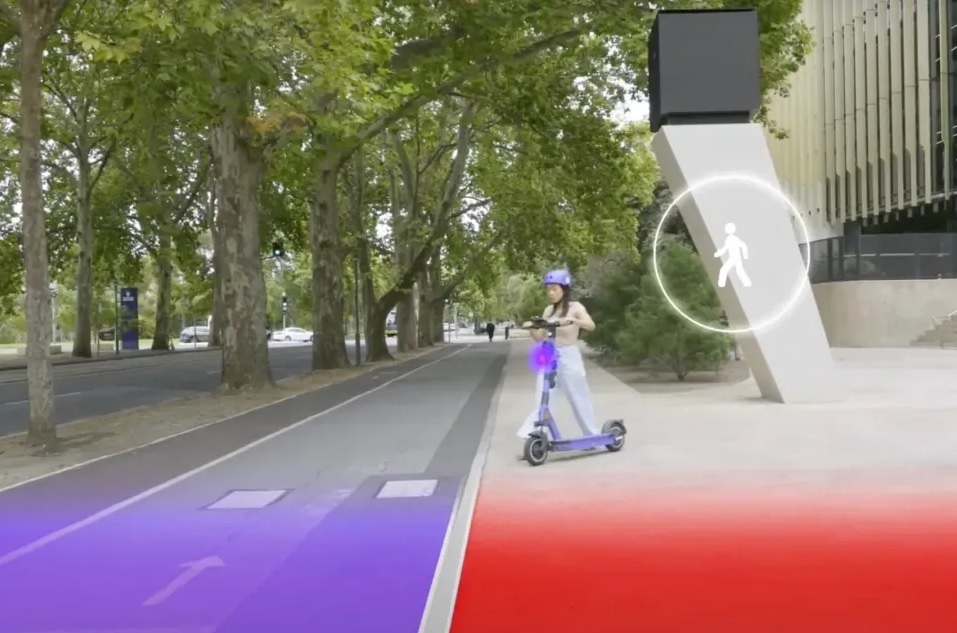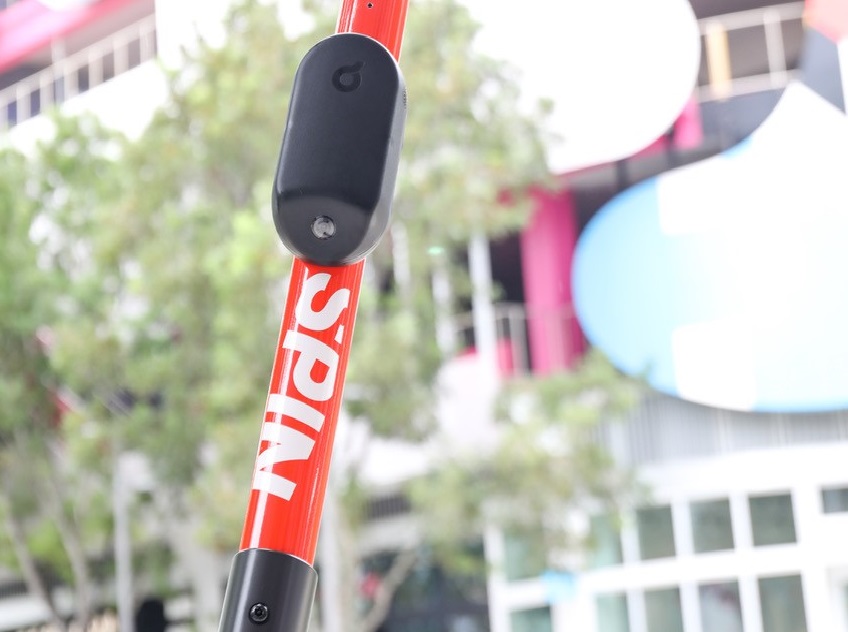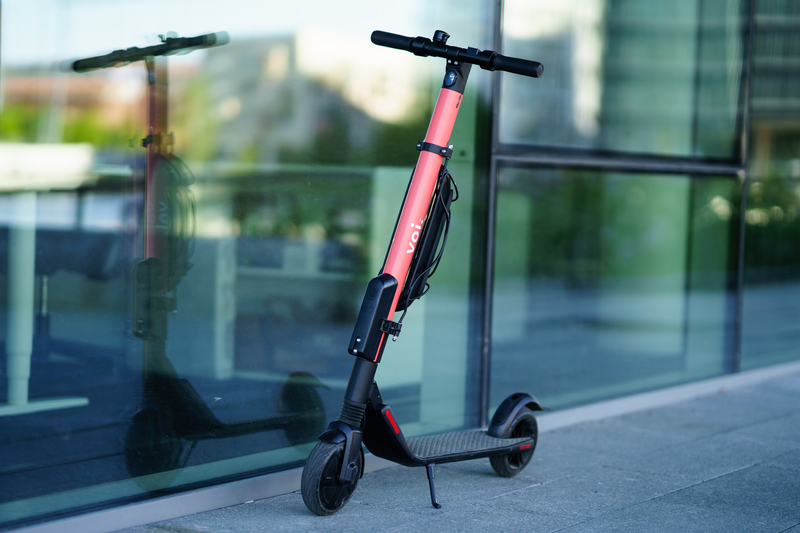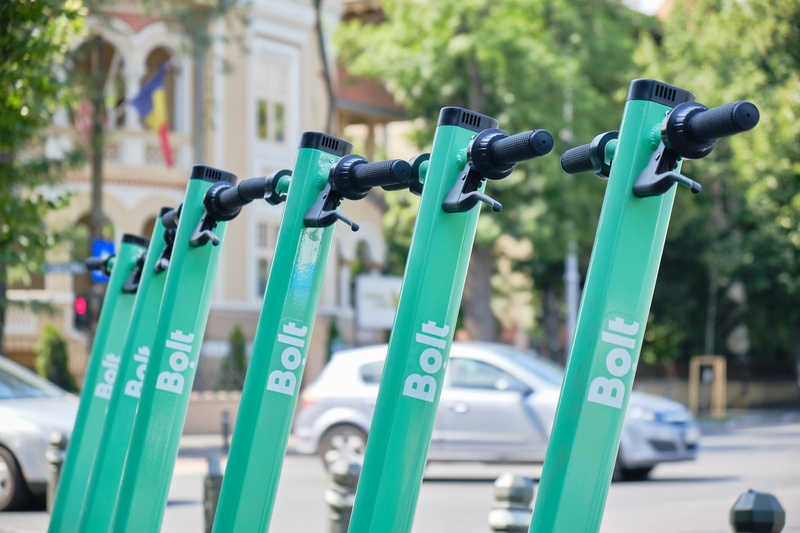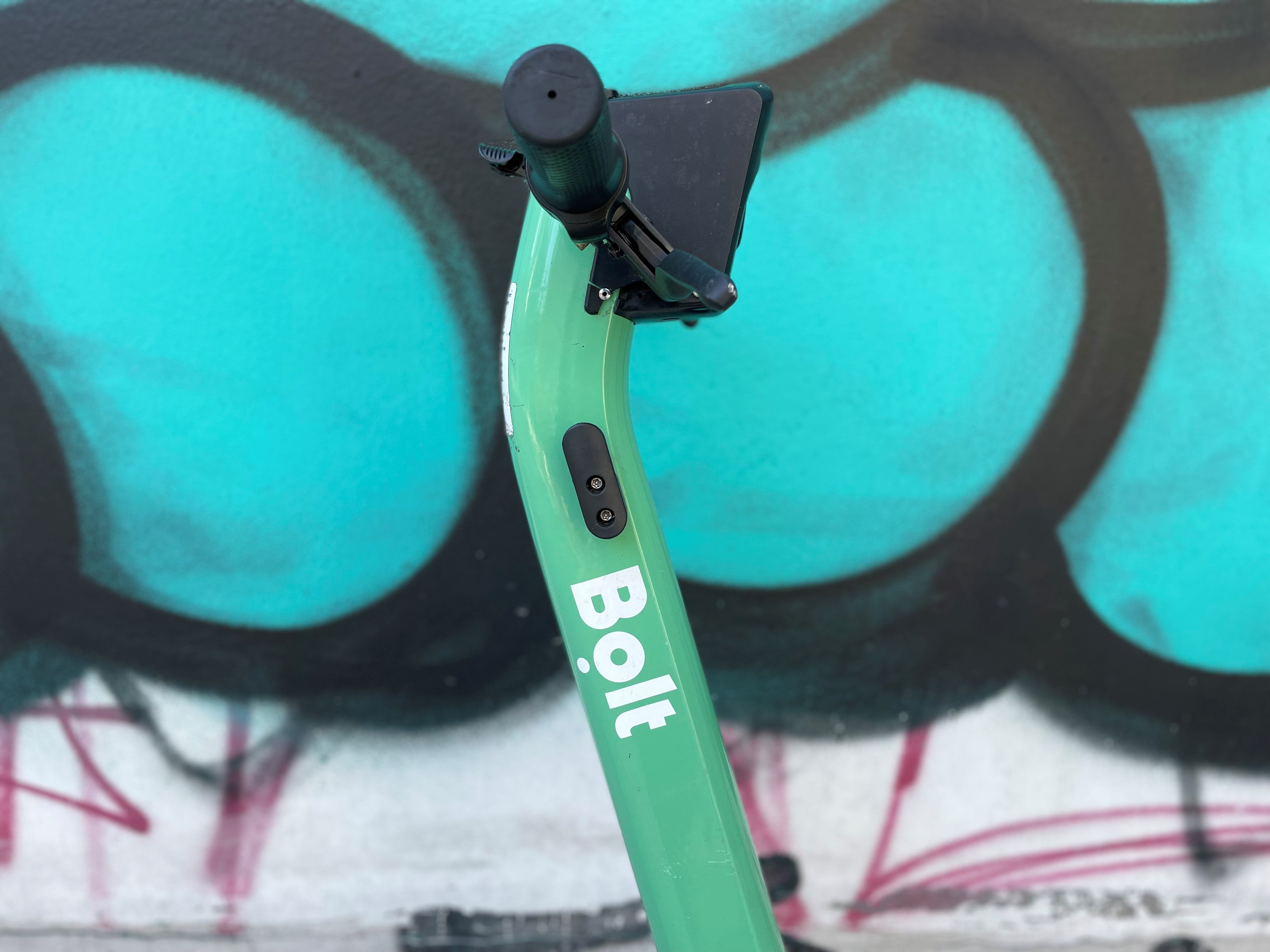
Bolt is using technology developed by start-up Drover AI in an initiative to prevent its e-scooter users riding on pavements.
Drover AI's PathPilot is an advanced Internet of Things (IoT) module which can be retrofitted to scooters and uses an on-board camera and artificial intelligence to identify whether a scooter is using roads, sidewalks or bike lanes.
The pilot is not open to the public in Norway's capital - instead, Bolt employees will test out the kit.
Users will be guided (by warning sounds or recorded messages from PathPilot's speaker) to ride in safer places and to park their vehicles responsibly.
The idea is to make streets safer for pedestrians and to avoid pavement clutter.
Jose Rei, Bolt country manager for scooters in Norway, says: "The scooters in the pilot will be tested by the Bolt team, who will scan the streets, pavements, and bike lanes in Oslo to make sure the pilot’s results are as accurate as possible."
Drover AI is gaining traction in several micromobility markets at present: Beam is also using PathPilot in a trail in Australia called Pedestrian Shield across the cities of Brisbane, Adelaide, Canberra, Hobart, Launceston and Perth.
The technology gives Beam the option of reducing individual scooters' speed based on the surface on which they are travelling.
A second phase later this year will focus on avoiding pedestrian collisions, slowing the vehicles if there is a problem.
The data gathered in the trial cities will power a nationwide roll-out of the technology later this year.
PathPilot's camera-and-AI combination is a major step forward from existing positioning technology.
Beam chief technology officer Deb Gangopadhyay says: "The majority of pavement detection technology relies on positioning like GPS and detailed mapping of every road and pavement in a city."
“These solutions are not scalable and are unreliable due to the proximity of roads and pavements within a single metre."
Drover AI co-founder Alex Nesic said his firm's solution can "address the biggest regulatory concerns while also exploring the greater potential of AI-powered computer vision to contribute to the evolution of shared micromobility".
Alex Nesic is interviewed in the March/April 2022 issue of ITS International - coming soon





